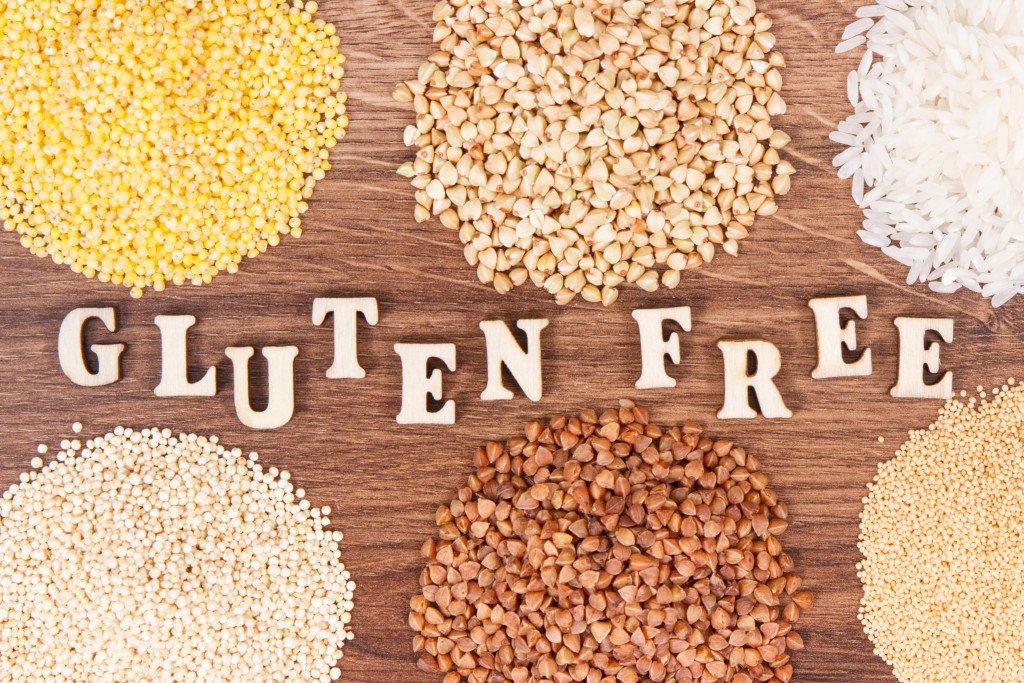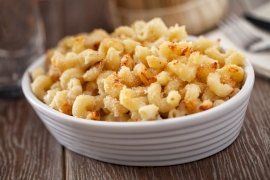|
Over the past few years, gluten-free options have been trending in the food industry. Gluten is a protein found in wheat, barley, and rye, which could cause health problems for some individuals. People who suffer from celiac disease, gluten sensitivity, or gluten intolerance must eliminate gluten from their diet. This article will discuss the rise of gluten-free options and how they could benefit your health. The Gluten-Free Diet The gluten-free diet involves avoiding foods that contain gluten. These foods include bread, pasta, cereals, beer, and other processed foods. Many people have shifted to a gluten-free diet to achieve a healthier lifestyle. Gluten-free foods may contain nutrient-rich whole grains with high fiber content. Some individuals find that eliminating gluten has improved their digestion, energy levels, and overall well-being. Most countries, from Singapore to the UK, recognize gluten-free certification as an official food label that meets specific legal requirements. Gluten-Free Foods The demand for gluten-free foods has significantly increased, and many food manufacturers now offer gluten-free options. Gluten-free products can now be found in almost every food category: Bread When it comes to gluten-free bread, there is a wide variety of options. Gluten-free bread can be made with alternative flour such as almond flour, buckwheat flour, and millet flour. Even gluten-free pizza products let you enjoy a classic meal without the gluten. They are made with various gluten-free flours and toppings that make the pizza dough just as delicious as regular pizza. Pasta Pasta is a staple in many diets, but it can challenge those following a gluten-free diet. Fortunately, there are now many gluten-free pasta options available in the market. These include bean and rice noodles, quinoa pasta, and chickpea pasta. There are also other alternatives, such as spiralized vegetables, zucchini noodles, or spaghetti squash, that provide additional nutrition and flavor to your meals. Cereals Cereal is a common breakfast choice, but many cereals contain gluten. Fortunately, there are now plenty of gluten-free options in the market. These include oatmeal, buckwheat porridge, teff flakes, and quinoa puffs. Gluten-free cereals can provide your body with essential vitamins, minerals, and dietary fiber that may not be found in regular cereals. Beers Even beer lovers who are following a gluten-free diet can enjoy flavorful beers. There is now an abundant selection of craft beers that have been crafted without wheat, barley, or rye. These gluten-free options provide beer enthusiasts with delicious and unique flavors worldwide. Health Benefits of a Gluten-Free Diet Eliminating gluten from your diet may provide numerous health benefits. For individuals with celiac disease, gluten sensitivity, or gluten intolerance, a gluten-free diet is a must as it helps to manage the symptoms. A gluten-free diet can improve gut health, reduce inflammation, and increase energy levels. It may also help manage other health conditions, such as irritable bowel syndrome and autoimmune diseases. Other studies have suggested that a gluten-free diet may help you lose weight. This could be because people who follow a gluten-free diet tend to eat more nutrient-rich whole foods and fewer processed foods, as these usually contain gluten. Eating wholesome, unprocessed foods can help promote weight loss and maintain overall health. Gluten-Free Diet Challenges
Adopting a gluten-free diet may not be easy for everyone, as it requires a significant change in eating and shopping habits. For example, if you are eating out, you may not be able to find many gluten-free options. Asking questions about the ingredients and preparation of your meals may be necessary to ensure that your food does not contain gluten. In addition, processed foods are usually cheaper but are not always safe for a gluten-free diet. It is important to read the labels and ingredients of the products you buy, as they might contain hidden sources of gluten. Also, many gluten-free foods may not be as widely available as regular food items. Therefore, it is important to plan your meals so that you don't spend too much money searching for gluten-free products. How to Adopt a Gluten-Free Diet Adopting a gluten-free diet may be daunting at first, but many resources can help. Consulting with a registered dietitian can provide guidance and support during the transition. It is also important to read food labels carefully and educate oneself on which foods are safe and which contain gluten. Planning meals and bringing gluten-free snacks while on the go can also be helpful. Gluten-free options have become more accessible and convenient than ever before. Whether you suffer from celiac disease or gluten intolerance or simply want to adopt a healthier lifestyle, gluten-free foods have many benefits. Adopting a gluten-free diet can be a simple and rewarding transition with the right resources and guidance.
0 Comments
Leave a Reply. |
A travel, beauty and lifestyle blog with the occasional afternoon tea by Angelina BelleCategories
All
Archives
June 2024
This website uses marketing and tracking technologies. Opting out of this will opt you out of all cookies, except for those needed to run the website. Note that some products may not work as well without tracking cookies. Opt Out of Cookies |





 RSS Feed
RSS Feed